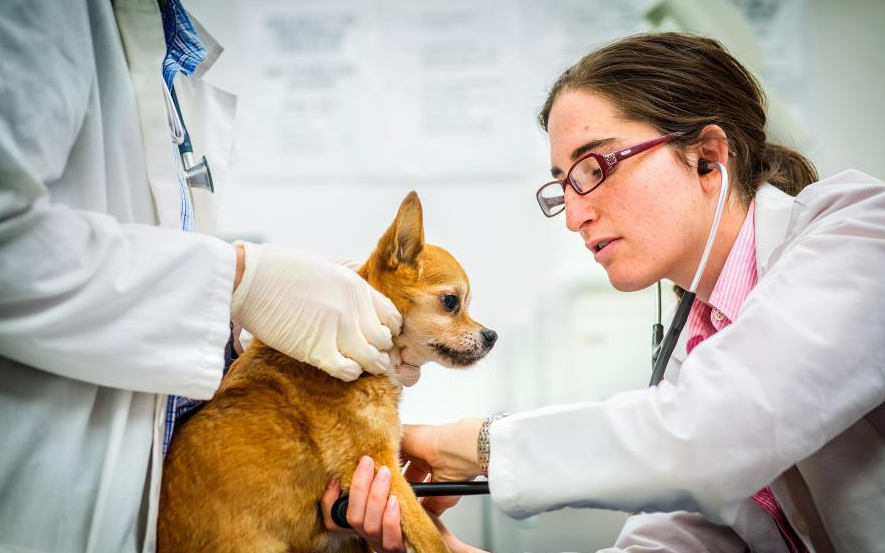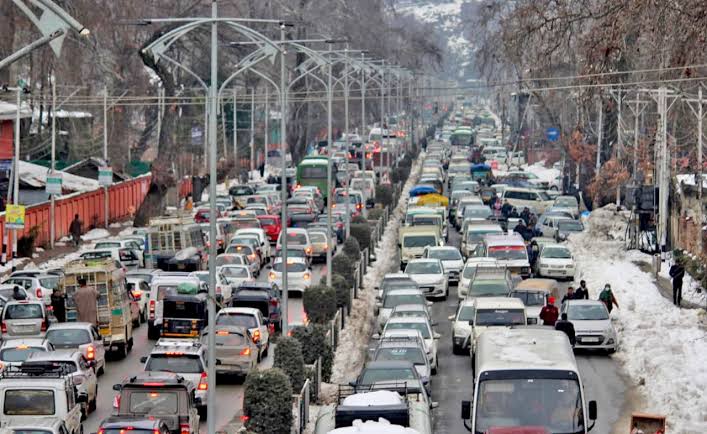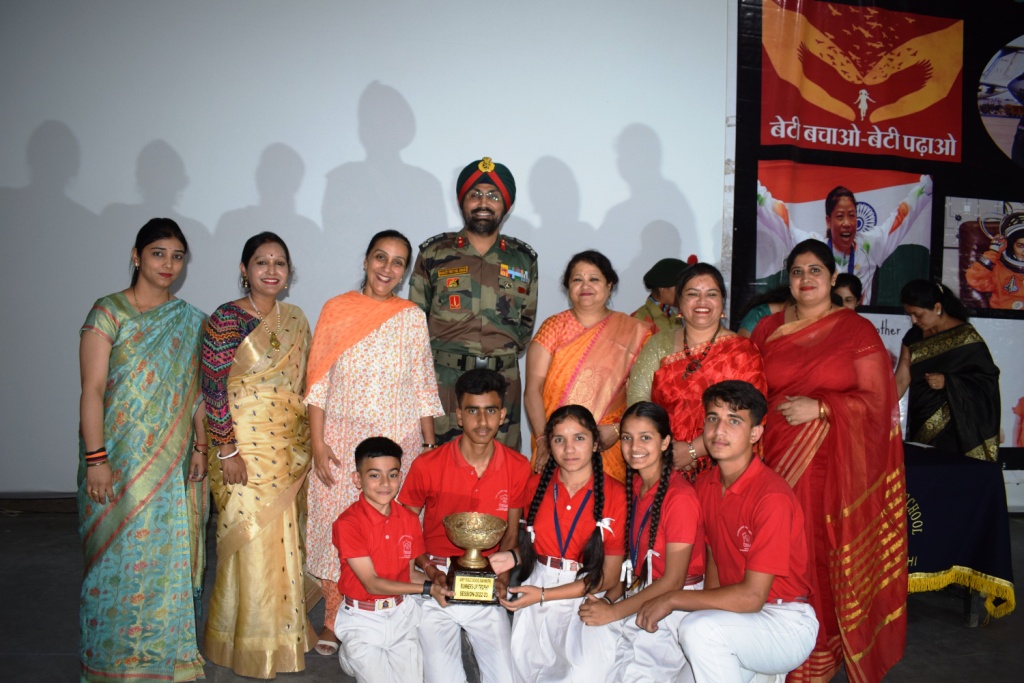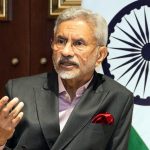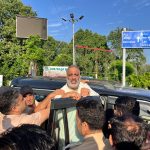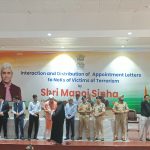Dr. AAQIB RASHID
We seldom get a chance to wear a suit or a tie. Even if our wardrobes are full of nice clothes, our work demands us to dress up differently. A lab coat or a dangri does the job for us most of the time. We do, every now and then, have a barny odour emanating out of our clothes and our shoes, more often than not, do have specks of dung all over them. The smell and the stains of dung bear witness to our empathy and selflessness. By and large, we do not get torelish holidays like many other people do and in many instances, we work extra hours. We epitomize professionalism. We are the Veterinarians. We are not in the limelight not because we don’t have any accomplishments to brandish but because our role as professionals is not accurately recognized by a large section of the populace. Contrary to the conventional wisdom, veterinarians play a much wider role in the society.
While the treatment of animals for various diseases and disorders constitutes the dominant part of our work, it continues to be arguably the most difficile aspect since our patients cannot communicate. They come in all sizes, shapes and varieties and with the paucity of the technological advancements with respect to disease diagnosis, it takes eagle-eyes to carry out our duties. Yet, with the scantiest of the resources available, we devote ourselves to the service of these incommunicative, speechless creatures to ensure that their welfare is not compromised. Not everyone’s cup of tea, you see!
One of the most critical facets of the work of veterinarians is their cardinal role in the control of zoonotic diseases. Many diseases of animal origin like Rabies, Brucellosis, Tuberculosis etc. which have a potential to jeopardize the human population have been constrained by the consistent endeavors of veterinarians. In the process of prevention and control of zoonoses, the veterinarians act as fulcrums in ensuring that all the disease control measures meet with success. A zoonotic disease control strategy without the engagement of veterinarians is almost inconceivable and least likely to fetch the desired results.
Not only do veterinarians play a vital role in ensuring food security, a more important role that of ensuring food safety is noteworthy. At different levels, veterinarians are associated with assuring that the edible foods like meat, milk and eggs consumed by people are wholesome and free from any potential contagion. This is achieved through inspections and various standard tests of the edibles in question. This not only makes certain that the consumers are prevented from food-borne infections but also makes sure that they get value for their money.
Of late, another facet of the work of veterinarians that has gained prominence is in the field of medical research wherein Veterinarians have played a stand-out role in deciphering the disease pathways and subsequently formulating medicines and treatment regimens for diseases that are similar in nature in humans and animals. This has helped in the augmentation of medical research and lead to an expedition of progress. Diseases like Diabetes and cancers of many types are notable examples. With the concept of One health gaining popularity, the role of veterinarians in the society is ever increasing.
Veterinarians are health and extension workers who ensure that the information dissemination is carried out to the grassroots levels. In the truest sense, the slogan of ‘doorstep deliverance’ of services to the farmers is put into practice by the veterinarians. It is a result of their unselfish and compassionate services that the implementation of programmes has reached a level that this sector is acting as a lone shining star in not only providing satisfactory self-employment but also improving the standard of living of the farmers. The implementation of schemes like Integrated Dairy Development Scheme (IDDS), Integrated Poultry Development Scheme (IPDP), Integrated Sheep Development Scheme (ISDS) etc. in the Union territory of Jammu and Kashmir are notable examples which have particularly attracted educated unemployed youth and imbibed in them the entrepreunial acumen which is evidenced by a countless number of success stories over the past few years. Realizing the scope and importance of this sector, the government from time to time has intervened through different measures. The formation of a new Ministry of Animal Husbandry, dairying and fisheries and increased budgetary allocations in the recent years to the livestock sector only go on to imply that the livestock sector is well on it way to be one of the major contributors to the nation’s economy in the coming years.
The efforts of veterinarians over the years, be it in the research laboratories or in the field, have fructified. Ever wondered how India, a once milk-deficient country which also lagged behind in meat and egg production has witnessed an astounding progress becoming the leading producer of milk and one of the largest meat and egg producers in the world? The boom has not been accomplished overnight. These advancements reflect the fruition of theselfless services that veterinarians and their teams have rendered over the years.
However, the road for the veterinarians has not been rosy and it still is not. The infrastructure and resources especially under the field conditions are not plentiful enough to take advantage of the full potential of the veterinary workforce. Nonetheless, the work ethic shown by the veterinarians over the years has been laudable. One such example is the prompt and timely response of the veterinary workforce to the recent Foot and Mouth disease (FMD) and the Lumpy skin disease (LSD) outbreaks. There is no denying the fact that if it were not for the agility and punctuality shown by the veterinary workforce especially in the Union territory of Jammu and Kashmir, the infliction could have been exacerbated. This only attests to the fact that if the veterinarians are equipped with better resources and infrastructure, sky is the limit for them.
However, as bitter as it may sound, the veterinarians over the years have not been given a fair share of the recognition that they deserve. Many of us call it a thankless job and still many others call veterinarians the ‘unsung heroes’ of the society. Nevertheless, veterinarians continue to serve the society graciously. As the members of the society, every human owes something to the efforts that the veterinarians put in day in and day out. If you consume milk in your breakfast, thank a veterinarian. If you have chicken, eggs or mutton to fulfill the needs of your protein in your lunch and dinner, thank a veterinarian and if you do not suffer from Rabies, Tuberculosis, Anthrax or Brucellosis, thank a veterinarian. In due course of time, I am sure that the veterinarians will get the commendation for the hard yards that they put in. Knowledge and recognition is all it takes!
(Author is a Veterinary Assistant Surgeon, Department of Animal Husbandry, Jammu and Kashmir. Email: [email protected])


